Lift stations contain pumps, valves, and electrical equipment necessary to pump water or waste-water from a low elevation to a high elevation. For example, a sewage lift station is used to pump sewage or waste-water uphill from a low-lying neighborhood to a collection system of pipes that will eventually run into a treatment facility. Lift stations are also used in a variety of industrial applications, including water management and treatment.
The pumps, floats, switches, electronic controls, and electrical panel components of a lift station are under constant physical stress, and the corrosive environment necessitates regular maintenance and repair. Aside from regular mechanical maintenance, a lift station needs to be cleaned out every 2 to 3 years on average. For larger capacity pumps it is recommended to rebuild at least one pump a minimum of every two years. Performance of routine and preventative maintenance can save a station owner from costly repair bills. If a lift station is to overflow, for example, the EPA’s “per gallon” fines can run in the thousands and thousands of dollars — a hefty fee that can be avoided by simple (and far more economical) preventative maintenance as per a service agreement with Avis Plumbing & Air Conditioning. All Avis technicians are highly trained in lift station maintenance and Avis offers amazing on-demand lift-station service and scheduled maintenance plans to keep your lift-station operating at its best to help you avoid costly problems.
Here are some typical suggestions that may ensure fewer issues:
- Wet wells should be pumped out and cleaned at least twice a year — or more often if necessary — to prevent solids and grease build-up. Build-up of solids can create gases that can damage the pump, or sink and get caught in the impeller.
- Inspection of submersible pumps should be performed quarterly or when motor hours are not within specifications. The inspections assure that the impeller is free of debris or any other clogging material.
- Inspection and greasing of the check valves should be performed at least twice a year to ensure proper working order and to prevent back-flow from the force main to the wet well.
- Cleaning and inspections of floats four times a year assure proper performance. Buildup of grease can prevent the floats from working properly.
- Inspection of the light and alarm systems should be performed weekly. An alarm system in working order can alert you to problems immediately and help you avoid hefty fines.
- Installation of an hour meter on each motor will give an accurate record of how often each motor is cycling; this lets us know the amount of water being pumped through the system. A record of motor hours, dates, and maintenance performed should be kept.
- Amp readings should be taken at least once a month on each station motor. If the amp readings do not meet the manufacturer’s specifications, it is an indication that debris is lodged in the propeller within the motor or that water has entered the motor housing or the wiring.
- An inspection of all electrical motor control equipment to find poor connections and worn parts should be performed semi-annually.
- Inspection and cleaning of the basin, clean-outs, and covers should be performed to prevent build-up. In high corrosion prone environments all moving parts should be greased if necessary to ensure mechanical components are not at risk of failure.
Also keep in mind that good records can assist greatly when it comes to troubleshooting during maintenance. If there is good record keeping you can, in some cases, quickly determine a problem with the system simply by looking at the history of the components. For instance, steadily increasing amp draw over time or hours of operation steadily increasing on one pump but not the other can be indicative of pump issues that need to be addressed before they become a major (and costly) problem. Records are needed to prove that your system is operating properly and can assist in determining if any future maintenance is required. This is why it is important to hire professionals with proven lift station experience to maintain the lift station on your property.
If you have questions about your Cape Coral lift station or are in need of Fort Myers lift station service or repairs, please don’t hesitate to call Avis at (239) 542-4421. Our professional services include, but are not limited to, lift station service and maintenance, sales, repairs, pump-outs, installs, engineering and just about everything having to do with sewer, storm-water, and booster pump stations.

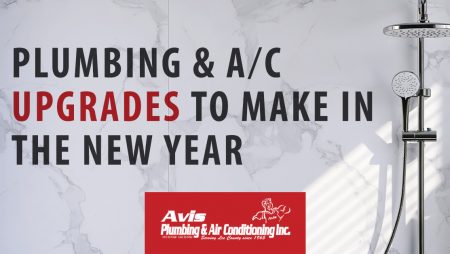
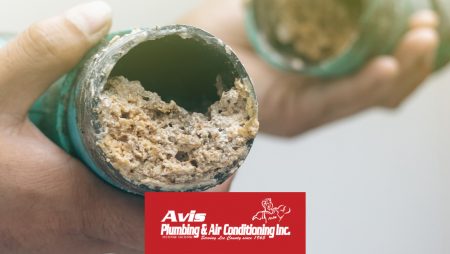
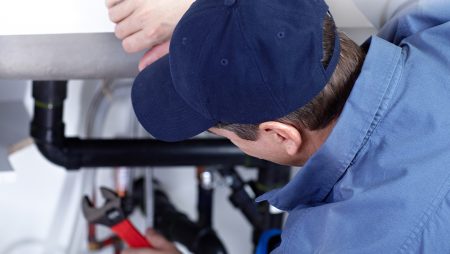
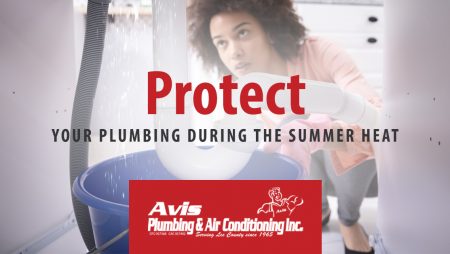

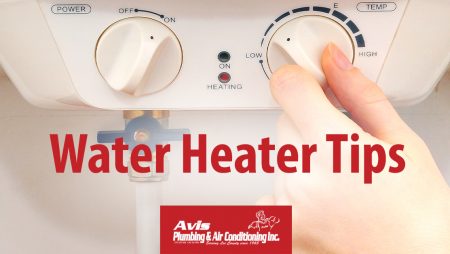
2 Response Comments
I’ve always wondered about how lift stations manage to work so long. It makes sense that they would need to be maintained! If they aren’t cleaned properly then they could end up getting clogged and not functioning.
I totally agree with what you said about wet wells needing to be regularly cleaned at least twice a year to prevent the build-up of solids which can damage the lining of the pipes and valves. Also, it is best to check the lift’s alarm and lighting systems and make sure that they are in good working condition. This would help prevent untoward incidents such as a sudden power outage. If I were in the same industry, I would definitely take this into account. Thanks.